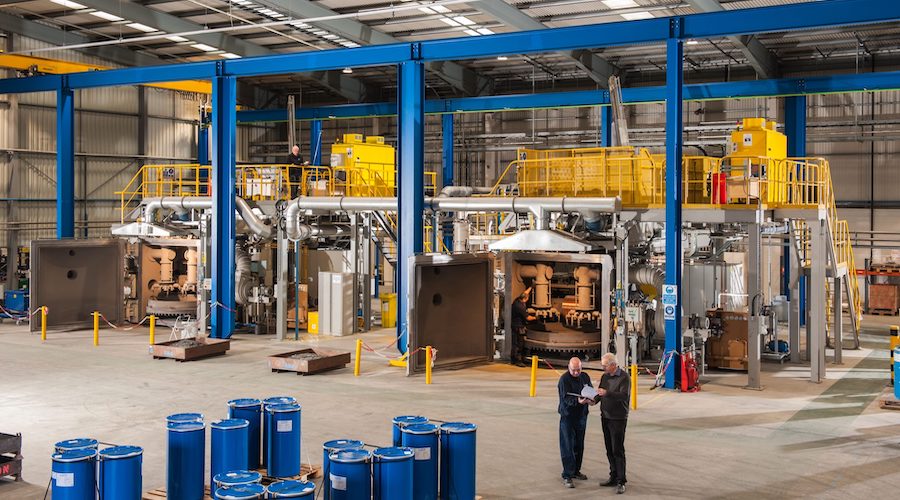UK’s only rare earths producer eyes US, EU markets


Less Common Metals (LCM), the only rare earths metal producer in the U.K., is switching its focus from the home country to the United States and the European Union, the company’s managing director said.
Speaking to Financial Times, Albert Slot said several factors weighed in on the strategic decision, being the main one the substantial subsidies offered by the Joe Biden Administration to critical minerals and metals companies.
The Inflation Reduction Act has set aside almost $400 billion in incentives and tax credits for clean technologies from electric vehicles (EVs) to hydrogen production with the goal of boosting green-energy spending in the US. It also seeks reducing the country’s reliance on China for the raw materials needed to power EVs, electronics and other products, setting aside hundreds of millions of dollars under a program called the Defence Production Act.
“We are basically trying to expand into the European theatre as in the US,” Slot told FT.com. “The Brexit executed by the British didn’t really help in LCM’s industry, meaning that we have to have a foothold in Europe.”
The executive's comments come on the heels of a key supply agreement inked on Monday between his company and Rainbow Rare Earths (LON: RBW)
Another reason LCM is prioritizing expansion outside the UK is the company’s intention to expand its customer base and diversify its revenue streams.
LCM is one of only two companies outside China that can produce rare earth metal and alloys.
“[We are in] unique position in the rare earth pipeline as LCM is the only company in the Western world commercially producing both the highly specialized strip-cast alloys and all of the required rare earth metals needed for the production of the highest-performance neodymium iron boron magnets,” Slot said in a statement announcing the agreement with Rainbow Rare Earths. “Furthermore, LCM’s expertise in the commercial production of neodymium metal and neodymium praseodymium alloy is unique in the Western world,” he added.
The world’s transition to a decarbonized economy depends heavily on a group of key metals needed to produce batteries, solar panels and magnets used in wind turbines.
China dominates the value chain in many of these products, accounting for more than half of the world’s output of battery metals including lithium, cobalt and manganese. It also accounts for about 70% of global rare earth ore extraction, 90% of rare earths processing.
Last month, Beijing imposed exports restrictions on two metals, gallium and germanium, which are crucial to parts of the semiconductor, telecommunications and EVs.
THIS ARTICLE WAS ORIGINALLY POSTED ON MINING.COM
Comments